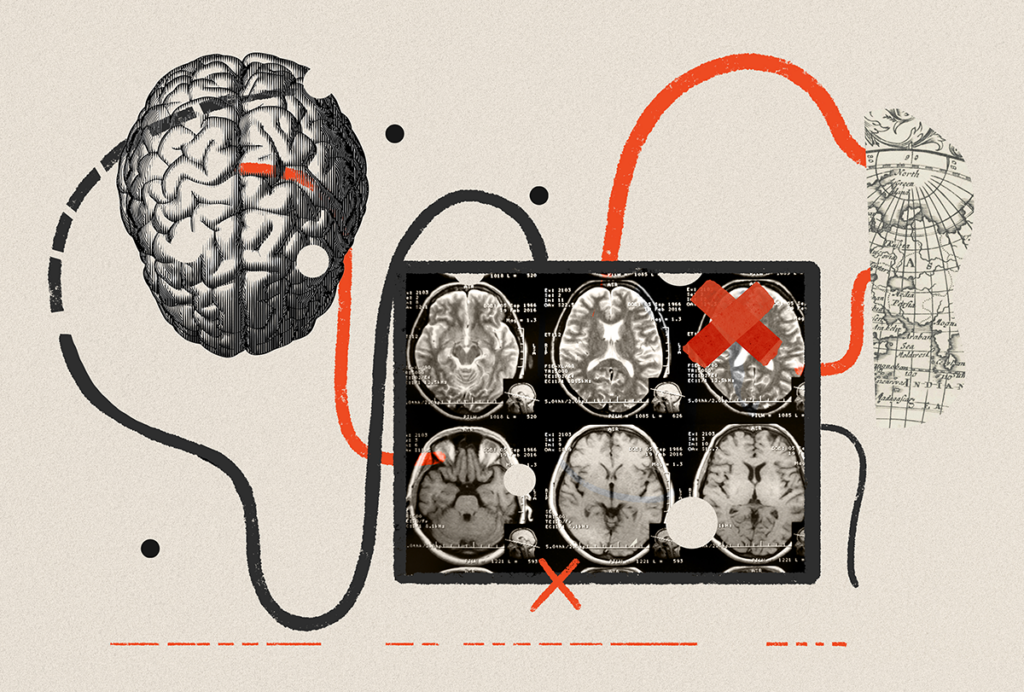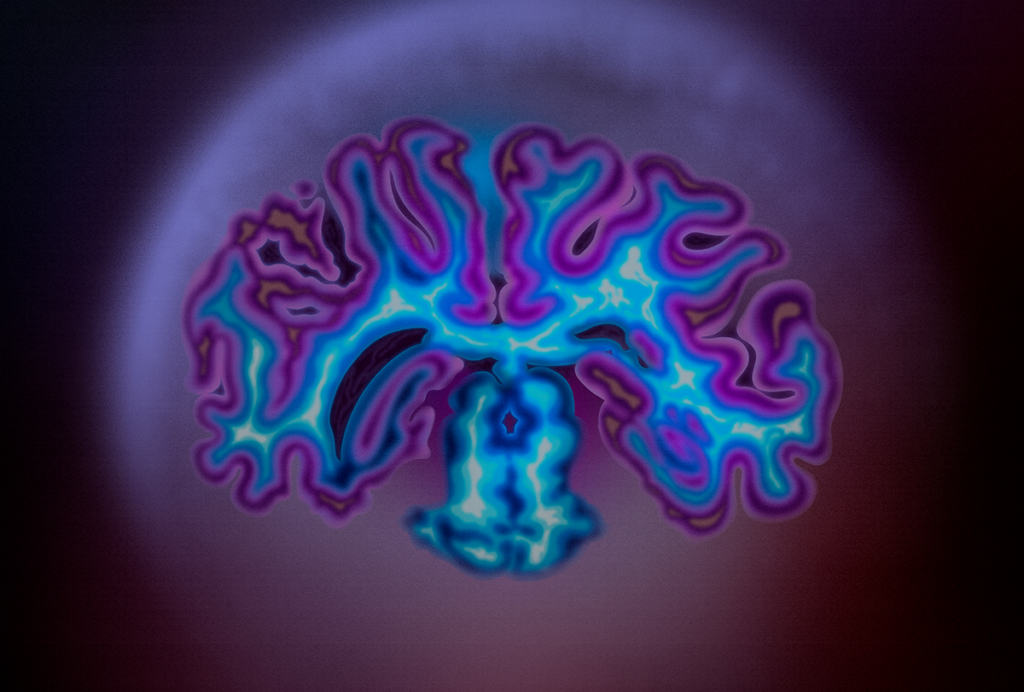Funding and policy
Recent articles
Stories about research grants, funding models and the business of science
Latest

Two primate centers drop ‘primate’ from their name

Oregon primate research center to negotiate with NIH on possible transition to sanctuary

‘Peer review is our strength’: Q&A with Walter Koroshetz, former NINDS director

BRAIN Initiative researchers ‘dream big’ amid shifts in leadership, funding

Neuroscience, BRAIN Initiative gain budget in ‘bad’ NIH funding bill

Neuroscience’s leaders, legacies and rising stars of 2025

The Transmitter’s top news articles of 2025

Without monkeys, neuroscience has no future

Our searchable repository of useful research can restore trust in federally funded basic science

Talking shop: The Transmitter’s top quotes of 2025
Find out what “may be one of the brain’s most underappreciated superpowers” and why it’s so crucial to “talk about our research in our everyday lives.”

Talking shop: The Transmitter’s top quotes of 2025
Find out what “may be one of the brain’s most underappreciated superpowers” and why it’s so crucial to “talk about our research in our everyday lives.”
The Transmitter’s favorite essays of 2025
Throughout a tumultuous year in science, researchers opined on policy changes and funding uncertainty, as well as scientific trends and the impact of artificial-intelligence tools on the field.

The Transmitter’s favorite essays of 2025
Throughout a tumultuous year in science, researchers opined on policy changes and funding uncertainty, as well as scientific trends and the impact of artificial-intelligence tools on the field.
Neurophysiology data-sharing system faces funding cliff
After the primary grant supporting Neurodata Without Borders ends in March 2026, the platform may no longer be maintained or kept up to date.

Neurophysiology data-sharing system faces funding cliff
After the primary grant supporting Neurodata Without Borders ends in March 2026, the platform may no longer be maintained or kept up to date.
A change at the top of SfN as neuroscientists gather in San Diego
Kevin B. Marvel, longtime head of the American Astronomical Society, will lead the Society for Neuroscience after a year of uncertainty in the neuroscience field.

A change at the top of SfN as neuroscientists gather in San Diego
Kevin B. Marvel, longtime head of the American Astronomical Society, will lead the Society for Neuroscience after a year of uncertainty in the neuroscience field.
Establishing a baseline: Trends in NIH neuroscience funding from 2008 to 2024
Funding for neuroscience-related projects more than doubled in 16 years, rising from $4.2 billion in 2008 to $10.5 billion in 2024, according to an analysis by The Transmitter. That money went largely to private universities in coastal states.

Establishing a baseline: Trends in NIH neuroscience funding from 2008 to 2024
Funding for neuroscience-related projects more than doubled in 16 years, rising from $4.2 billion in 2008 to $10.5 billion in 2024, according to an analysis by The Transmitter. That money went largely to private universities in coastal states.
Explore more from The Transmitter
Neuro’s ark: Spying on the secret sensory world of ticks
Carola Städele, a self-proclaimed “tick magnet,” studies the arachnids’ sensory neurobiology—in other words, how these tiny parasites zero in on their next meal.

Neuro’s ark: Spying on the secret sensory world of ticks
Carola Städele, a self-proclaimed “tick magnet,” studies the arachnids’ sensory neurobiology—in other words, how these tiny parasites zero in on their next meal.
Autism in old age, and more
Here is a roundup of autism-related news and research spotted around the web for the week of 2 March.

Autism in old age, and more
Here is a roundup of autism-related news and research spotted around the web for the week of 2 March.
Lack of reviewers threatens robustness of neuroscience literature
Simple math suggests that small groups of scientists can significantly bias peer review.

Lack of reviewers threatens robustness of neuroscience literature
Simple math suggests that small groups of scientists can significantly bias peer review.
